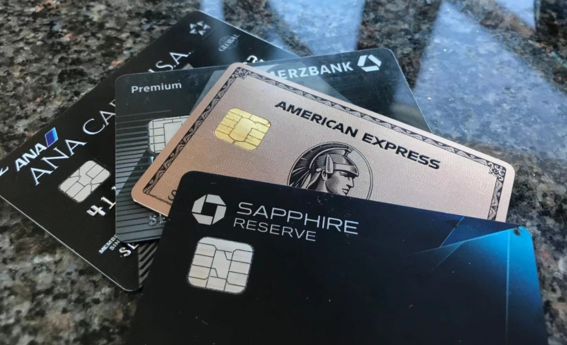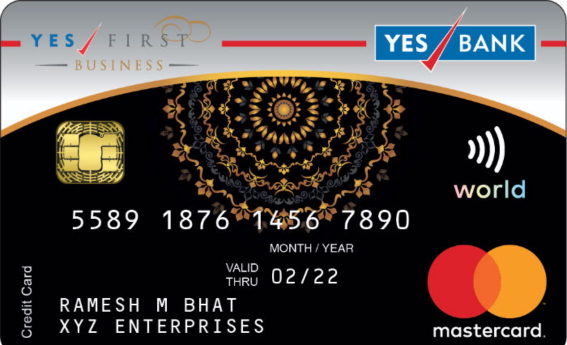Personal Loan
Enquiry Form
When you’re in a financial pinch, a personal loan can be your lifeline. Whether you’re planning a wedding, consolidating debt, or covering an emergency expense, personal loans offer the flexibility to meet your needs. But before you dive in, it’s crucial to understand how they work, who qualifies, and the potential pitfalls. In this article, we’ll walk you through everything you need to know about personal loans—from eligibility requirements to common mistakes you should avoid.
What is a Personal Loan?
A personal loan is a type of unsecured loan offered by banks, credit unions, or online lenders that allows individuals to borrow a lump sum of money. The loan is repaid in fixed monthly installments over a set period, typically ranging from one to five years. Unlike a mortgage or a car loan, a personal loan can be used for virtually anything—there are no restrictions on how you spend the money.
Apply now
EMI Calculator
Eligibility criteria
Documents Req
Types of Personal Loans

A secured personal loan requires you to put up collateral, such as your home or car, to “secure” the loan. If you fail to repay the loan, the lender has the right to take your collateral as repayment. Secured loans often come with lower interest rates, but they carry higher risks for the borrower.
Unsecured personal loans, on the other hand, don’t require any collateral. Approval is based mainly on your creditworthiness. The lack of collateral means these loans often have higher interest rates, but they are much safer for borrowers since they don’t risk losing valuable assets.
Eligibility Criteria for a Personal Loan
Most lenders require applicants to be at least 18 years old. Some institutions may have higher age requirements, such as 21 years old or older.
You’ll need a steady source of income to qualify for a personal loan. Lenders typically ask for employment details and may require proof of income, such as recent payslips or bank statements.
Your credit score plays a significant role in whether you’re approved for a personal loan. A high credit score demonstrates to lenders that you’re financially responsible, which can result in lower interest rates and better terms. Conversely, a low credit score might lead to higher interest rates or even loan rejection.
Documents Required for Personal Loan
You’ll need to prove who you are. Most insurance companies accept government-issued IDs such as your passport, driver’s license, or social security card. This is to verify your identity and make sure you’re who you claim to be.
Proof of residence is essential for gold loans. Documents like your utility bill, driver’s license, or rental agreement will suffice.
Your lender will also want to confirm your income. Payslips, bank statements, or tax returns are common documents used to verify your income and ability to repay the loan.
How to Apply for a Personal Loan
Applying for a personal loan can be done either online or offline. Both methods have their pros and cons.
Online Application Process
Most banks and lenders offer a streamlined online application process. You’ll fill out a form, upload the necessary documents, and wait for approval—all from the comfort of your home. Online applications are often faster and more convenient.
Offline Application Process
For those who prefer in-person transactions, many lenders still accept paper applications. You’ll visit a branch, fill out the required forms, and submit your documents to a representative. Though this process may take longer, some people find it more reassuring.
Steps in the Online Application Process
First, research various lenders to compare interest rates, terms, and conditions. You want a loan with a reasonable interest rate and flexible repayment options
Once you’ve chosen a lender, fill out their application form. Be sure to double-check all the information you’ve provided to avoid delays.
After submitting your application, the lender will verify your documents and assess your creditworthiness. This may take a few days, depending on the lender.
Once approved, the loan amount will be disbursed directly into your bank account. You can then use these funds to cover your medical expenses.
Common Mistakes to Avoid When Applying for a Personal Loan
Applying for a personal loan might seem straightforward, but there are a few common mistakes that borrowers tend to make.
Borrowing More Than You Need
It’s tempting to ask for more money than you actually need, but doing so means you’ll be paying interest on that excess amount. Stick to borrowing only what’s necessary to avoid a heavier debt burden.
Ignoring the Fine Print
Always read the terms and conditions before signing the loan agreement. Some lenders sneak in hidden fees, early repayment penalties, or variable interest rates. Know what you’re agreeing to!
Not Checking Your Credit Score
A poor credit score can lead to higher interest rates or rejection. Before applying, check your credit score and, if necessary, take steps to improve it. This could involve paying off existing debts or correcting errors on your credit report.
Get Your Latest
Policy by Cibilfree
Cibilfree.com is a premium Insurance provider offering exclusive cards with top-tier rewards, benefits, and financial tools. Designed for discerning customers, it combines luxury perks with financial flexibility.
How to Choose the Right Personal Loan
Choosing the right loan is essential to ensure you’re not paying more than you should or dealing with unfavorable terms.
Compare Interest Rates
Interest rates can vary widely from lender to lender. It’s important to shop around and compare rates to ensure you’re getting the best deal possible.
Assess Fees and Hidden Charges
Look out for processing fees, late payment charges, and prepayment penalties. These hidden fees can significantly impact the total cost of your loan.
Check Loan Tenure Options
Personal loans typically come with repayment periods ranging from one to five years. A longer tenure may lower your monthly payments but will increase the total interest paid. Conversely, a shorter tenure means higher monthly payments but less interest overall.
Benefits of a Personal Loan
Personal loans offer several benefits, including flexibility, relatively quick approval processes, and the ability to use the funds for various purposes. They are often less expensive than credit cards when it comes to interest rates, making them a great choice for consolidating debt.
Alternatives to Personal Loans
If you don’t qualify for a personal loan or prefer a different option, there are alternatives.
Credit Cards
Credit cards can be a good alternative for short-term borrowing. However, they tend to have higher interest rates than personal loans, making them less attractive for large sums of money.
Borrowing from Friends or Family
While borrowing from friends or family can offer favorable terms, it’s important to establish clear repayment expectations to avoid damaging personal relationships.
Conclusion
Personal loans can be a great financial tool when used responsibly. They offer flexibility and quick access to funds, but it’s crucial to understand the terms, eligibility requirements, and the risks involved. By avoiding common mistakes and carefully choosing the right loan, you can benefit from this financial resource without unnecessary stress. Always remember, borrowing wisely is key to staying financially healthy.
FAQ's
A: Typically, a credit score above 650 is considered good for personal loan approval, but some lenders may accept lower scores with higher interest rates.
A: Yes, self-employed individuals can apply, but they may need to provide additional documents like tax returns to verify income.
A: The approval process can take anywhere from a few hours to a few days, depending on the lender and whether the application is submitted online or offline.
A: Some lenders allow prepayment without penalties, but others may charge a fee, so it’s important to check the loan terms.
A: Yes, many borrowers use personal loans to consolidate high-interest debt into one manageable payment with a lower interest rate.










